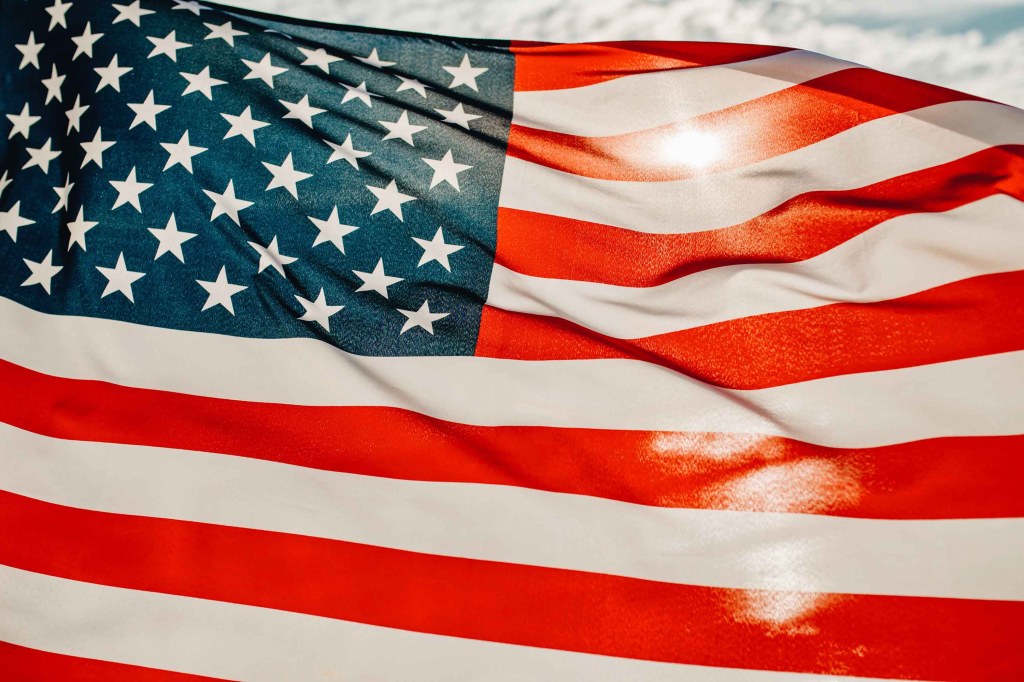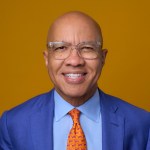
This piece was originally published in The Washington Post on July 2, 2021.
Exactly 245 years ago, America’s founders brought forth a new nation dedicated to a radical idea: representative democracy. As Thomas Jefferson wrote to a friend while drafting his declaration, representation “is the whole object of the present controversy.”
Ever since, Americans have engaged in pitched battle over the meaning of representation—over its definition and reach; over who gets included and excluded.
And this Independence Day, representation is the “whole object” of our current controversy over voters’ rights, and women’s rights, and migrants’ rights—and of that new dog whistle, “critical race theory,” which lawmakers across the country are suddenly banning, without bothering to understand.
If like me, you participate or follow our public debates, you are no stranger to the heat. At the institution I lead, our critics on one side call us conservative bulwarks of capitalism, who cannot be trusted to repair the irreparably broken system that created us. From another direction, we are accused of promoting a divisive, subversive, even an “anti-white” agenda.
Most of us have some version of that experience in our own lives now. But our business—and everyone’s business in my view—is hope—because hope is the oxygen of democracy. Everything we do should be aimed at helping to ensure that all people can live with dignity, participate in the systems that give order and meaning to their lives, and rise as high as their talent will take them. Because we have all benefited from being here.
“But our business—and everyone’s business in my view—is hope—because hope is the oxygen of democracy.”
One element of this effort is recovering a more representative story of our past. We all should be astounded, for instance, that fewer than 2 percent of the markers, monuments, and memorials in our national registry honor the contributions of Black Americans. So, we support organizations like the African American Cultural Heritage Action Fund, among others, who are writing Black accomplishment into the story of American achievement.
This is not “cultural Marxism,” or “anti-American,” or any of the other buzzwords that critics have levied. In fact, it is just the opposite.
Inclusion is patriotism of the highest order. It informs our answers to that fundamental, founding question of representation and whether we, the people, will truly extend representation to each other—then, now, and into the future.
And so, the American story we should celebrate this Fourth of July is one of expanding representation—however slowly, unevenly, and imperfectly. It’s the story of a small circle of white, property-owning men in Philadelphia that, generation by generation, continues to grow wider, precisely because of the patriotic struggle and sacrifice of the people they excluded—Black and brown people, and women, above all.
To be sure, some abuse their megaphones on social media and cable news to dismiss all of this as “identity politics.” The truth is, one’s identity has always determined, at least in part, their access to opportunity in America. Identity-based policies and privileges were codified in the Constitution itself.
Others may conflate our work to dismantle discrimination with destruction or division. But in my own life, I have seen the way that acknowledging identity can be a force for unity, for a common good, for each of us to help expand that circle for all.
I grew up Black in the still-segregated South, at a time when my mother was denied the right to vote. And yet, throughout my life, I have benefited, in ways seen and unseen, from Americans, Black and white, who challenged their nation to fulfill its promise, inch by inch, ballot by ballot, law by law.
I grew up poor, in a small, rural town. And yet, in my lifetime, I benefited from the American people’s investments in Head Start and public schools and Pell Grants that made my journey possible.
“I have seen the way that acknowledging identity can be a force for unity, for a common good.”
I grew up gay, at a time when many people saw my sexuality as a psychological disorder, or a crime. And yet, in my lifetime, I have seen Americans embrace love and compassion—and marriage equality become the law of the land.
This progress came to pass not by ignoring complex issues of identity—nor by shrinking from the fact that the past, often, remains all too present. The only path to justice runs through truth.
And while each of my identities has shaped my experience of America, no identity has had a greater impact on my life or its trajectory than my identity as an American, with all that it entails.
I love my country. I’m grateful to and for it. And I believe, now more than ever, in the promise of 1776—in the radicalism of representation.
In their flawed genius, the founders entrusted us with the tools to fix what they were unwilling to. They left us the capacity to build something that had never existed: a multiracial, multi-ethnic, pluralist democracy that extends the blessings of representation to all.
This is a legacy worth fighting for, preserving, and passing forward—today and always.
